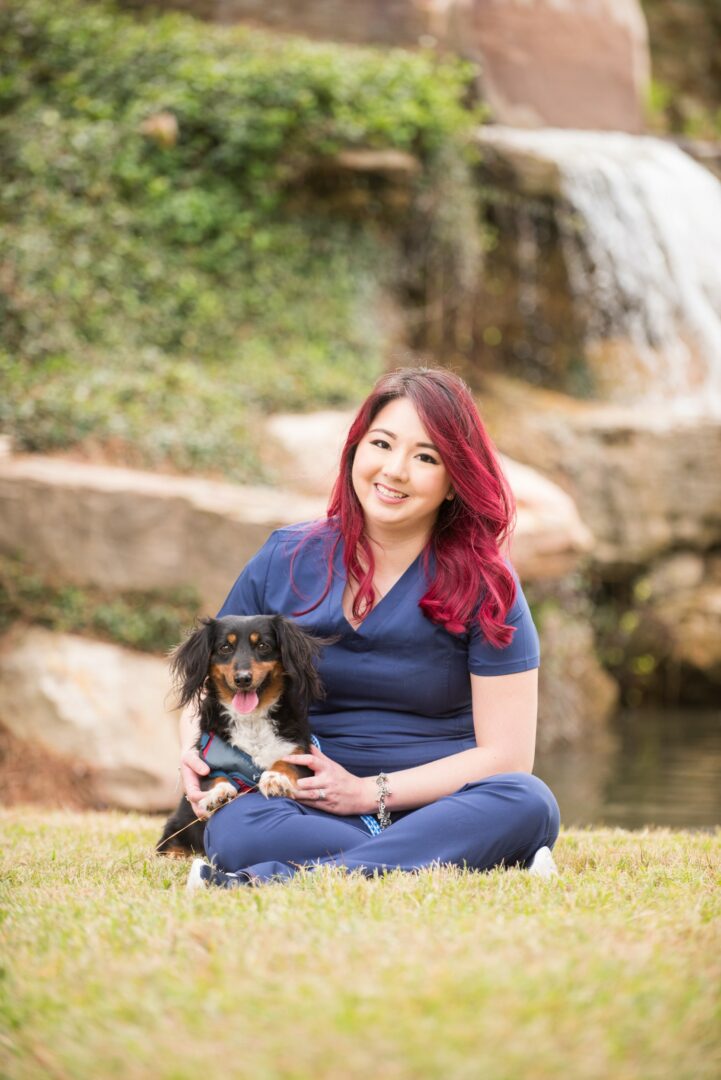We caught up with the brilliant and insightful Jennifer Le a few weeks ago and have shared our conversation below.
Jennifer, we are so deeply grateful to you for opening up about your journey with mental health in the hops that it can help someone who might be going through something similar. Can you talk to us about your mental health journey and how you overcame or persisted despite any issues? For readers, please note this is not medical advice, we are not doctors, you should always consult professionals for advice and that this is merely one person sharing their story and experience.
My journey with mental health has been a lifelong one and is something that I constantly work at every day. I’ve dealt with anxiety since I was young, but didn’t know I had it until I was in undergrad when I started having panic attacks. Growing up in an Asian household, mental health was not really talked about, so I never thought about it until I started experiencing the unpleasant physical symptoms that occurred along with constantly worrying and feeling like I was annoying people around me because of it. I didn’t want to live life feeling like this so I decided to set up an appointment with a psychiatrist, who then placed me on an SSRI, which helped tremendously. After a few years, I decided to try to be without any medications, however, my panic attacks started coming back. On my 23rd birthday, I had actually gotten roofied and sexually assaulted. Luckily, someone noticed and reported it, so nothing more severe ended up happening. This obviously triggered by anxiety and increased it to twice of what it originally was, so I went back to my psychiatrist and started back on medications.
When I started veterinary school in 2011, I ended up being off of medication again due to not having time to go back to Houston to attend regular appointments. In addition, the receptionist at the office I was going to was not the nicest, which was off-putting, especially since it was an office where people got treated for their mental health. I did relatively well throughout veterinary school without medication, however, I’m sure I would have done a little better, especially since I had test anxiety.
Upon graduation in 2015, I started working at a local small animal practice that unfortunately was a very toxic work environment with an unstable schedule, switching daily between working daytime and nighttime hours for an extremely low amount of pay. By the time I got home, I was too exhausted, both mentally and physically, to do anything. My husband, who was my fiancée at the time, was working at the same practice, which helped as he understood what I was going through, but he was on the opposite schedule, so we barely got to see or spend time with each other. At the end of that year, my dad, who was literally my best friend, was diagnosed with lung cancer. While visiting my dad at MD Anderson, he started having an adverse reaction to Morphine. I was working that evening but just had my husband stay past his shift to cover me in order for me to make sure my dad was okay. Once I got to work, I got reprimanded for coming in late and told that I needed to be professional. After going through this experience, I have told others that if you find yourself in a toxic environment, please leave. Life is too short to be somewhere that you are unhappy and unappreciated. Luckily, I was back on medication during this time.
In 2021, a year after my husband and I had opened our own veterinary hospital, a young apparently healthy patient passed away on me while under anesthesia despite taking precautionary measures of full bloodwork and practicing gold standard care. This had never happened before, but is a known, albeit rare, complication of anesthesia, so I was devastated and also had a lot of guilt, even though I knew nothing I did had caused this. A board complaint was filed against me 6 months later, which could potentially lead to fines, disciplinary action, and even having my license taken away. The complaint was ultimately dismissed as the board found no negligence or malpractice on my part, but the emotional toll it took on me was a huge one. My psychiatrist actually ended up switching my medication as I was at a high dose that was not working for me anymore. I also started seeing a therapist in order to talk out my feelings, whom I still see to this day. I had finally accepted that I would need to be on anti-anxiety medication regularly and wanted to work through my past traumas to better myself overall so that I had the tools and coping mechanisms necessary to handle everyday stressors that life likes to throw at us, especially being in veterinary medicine. In addition, now that I have a son, I want him to grow up being comfortable in dealing with his feelings, especially the big ones, and to know it is okay to ask for help, which is also why I am sharing my story. These are topics that are difficult to discuss and I want others to know that they are not alone.
Unfortunately, for those that are unaware, veterinary medicine has one of the highest suicide rates of any profession, with males being 2.1 times more likely to commit suicide and women being 3.5 times more likely to commit suicide than the general population. This is due to a variety of factors, including high student debt, demanding work hours, emotional labor dealing with suffering animals and their owners, and in-person, online, and social media bullying. Many individuals that go into this profession tend to be caring individuals that feel deeply and are high achievers that are extremely self critical, As reminder, whether someone is in the veterinary profession or not, to please practice kindness as we don’t know what someone else is going through. Your kindness could be what saves a life.
My overall advice is to not be ashamed if you need to regularly be on medications or need help and support. For some reason, medications for mental health are not always looked at in the same way as medications for other diseases. If you have a thyroid condition, you would take medication necessary to treat that condition, and this should be the same for mental health, so if you are recommended to be on medications, I encourage you to stay on them. I also always worried about bothering people with my problems, but those that truly care about you will want to know you’re struggling and to help out any way that they can. Life is way too hard to go through it alone. A burden shared is a burden halved.
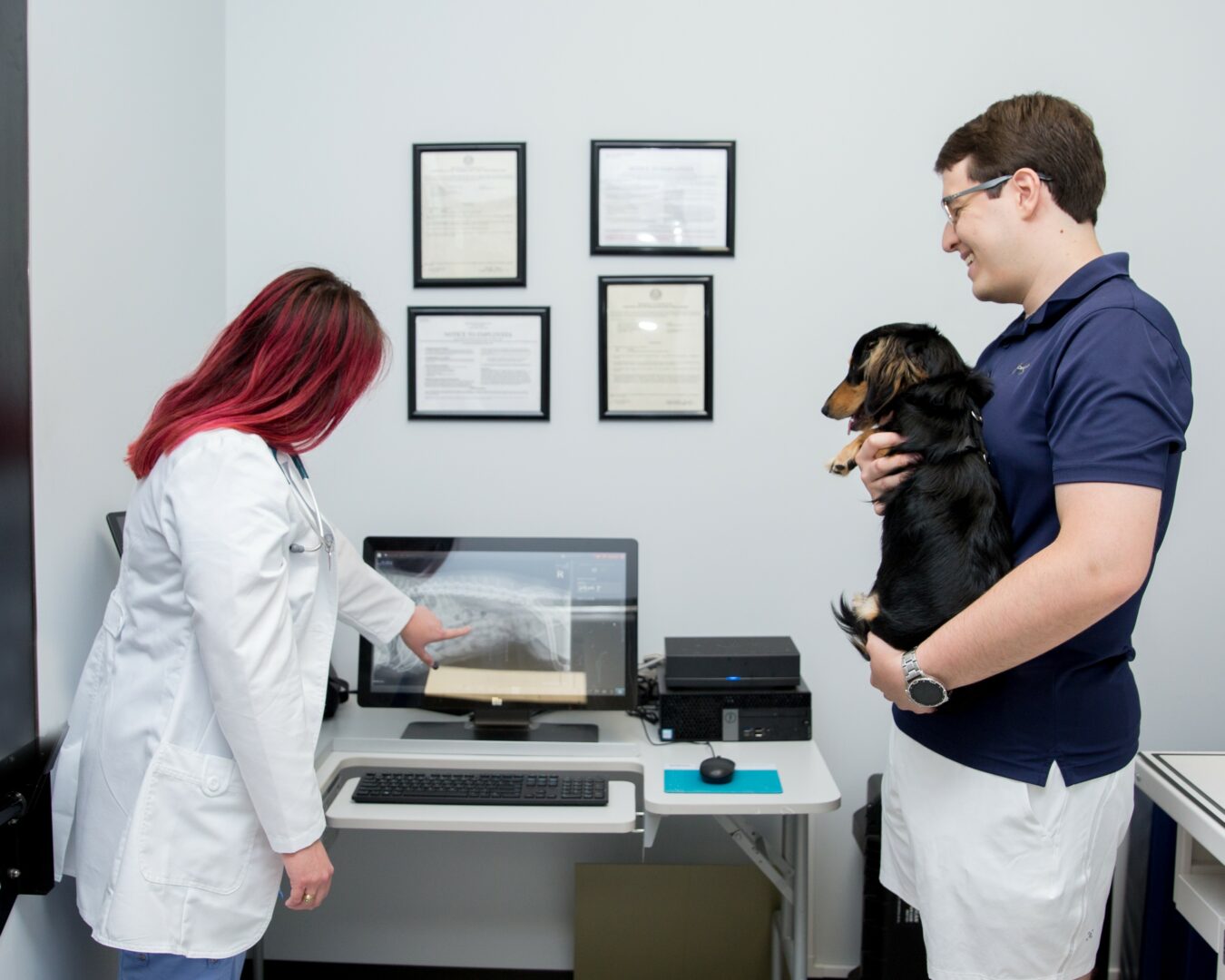
Thanks, so before we move on maybe you can share a bit more about yourself?
I am a small animal veterinarian in Spring, TX and my husband and I co-own our own veterinary hospital called A Couple of Vets. As mentioned, prior to owning our own hospital, we worked at another veterinary clinic together that was, unfortunately, a very toxic working environment. We left after being there for almost 2 years and started doing relief, or contract, work all over the Houston area, so we got to see how a lot of hospitals were run. Because of this, we got to see what we liked, which we incorporated into our hospital, and things we didn’t like, which we were able to tweak or make better. We also were able to meet a lot of people along the way that we actually ended up hiring to work with us, hence, dubbing our hospital “the clinic of rescues,” as many of the people we did hire also came from toxic working environments.
I love both practicing medicine and running a business. Medicine is ever-changing, which keeps it exciting. There are always new products and innovations that are coming out that help to improve the quality and quantity of life of pets, and I love being able to be at the forefront of that. We were actually one of the charter veterinary hospitals for Idexx, a veterinary-specific diagnostic laboratory, to purchase and use their InVue Dx machine, which performs ear cytologies to determine if your pet has an ear infection and what type (bacterial vs yeast) as well as blood morphology (looking at white and red blood cells and platelets). This was previously something veterinary technicians would perform, but with this machine, it frees up our technicians to perform other important veterinary care functions as well as help standardize results. The next diagnostic they are working on adding to this machine are cytologies of masses to determine if something is benign or malignant before pursuing more costly and invasive diagnostics. As a veterinarian, we currently perform this by looking at the cells under a microscope, however, cytologies from lymph nodes are sometimes hard to distinguish between inflammatory processes and cancer, so having this diagnostic to confirm what we are looking at would be helpful in guiding medical decisions.
We have previously been a part of an Idexx study to determine normal values in cats for FGF-23, a biomarker for early detection of phosphorous overload and metabolic bone disease in cats with chronic kidney disease, and are currently involved in a clinical trial studying heart disease in cats.
Running a business comes with its own set of challenges, but I love the process of being able to build something from scratch and watching it grow and thrive. It brings a whole new sense of accomplishment. The autonomy that you have is also nice as you are able to make decisions that are best for you, your people, and your clients and patients. We are also able to fire clients that are disrespectful or abusive to us and/or our staff.
We will be celebrating 5 years of being open on September 28. We plan on having a big celebration with KRBE coming out, vendors, a photo booth, and giveaways. Stay tuned for an official announcement and invite!
We will also be promoting the Idexx Cancer Dx, which is the first screening test of its kind that uses a specific biomarker for early detection and identification of lymphoma in dogs before clinical signs are present with a blood sample and is comparable to standards used in human cancer screening diagnostics today. This test can be added on to any annual blood screening that is sent out to the lab for an additional cost, and is already readily available.
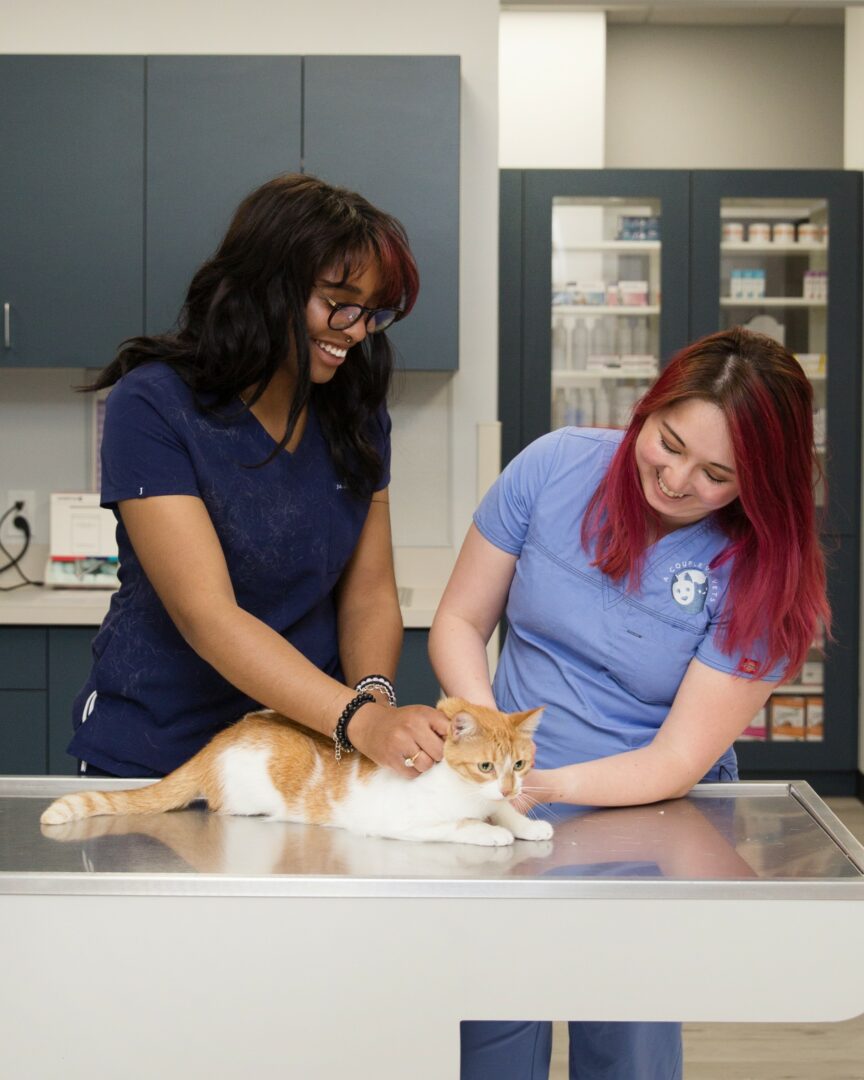
If you had to pick three qualities that are most important to develop, which three would you say matter most?
I have briefly mentioned some of these qualities, skills, and areas of knowledge in the previous questions, but will elaborate on them.
1. Don’t stay in a toxic environment where you are undervalued and underappreciated.
My husband and I stayed in our first job longer than we should have. It took a toll on both our physical and mental health. We were grateful, however, for the veterinary medical experience we gained as we worked both general practice and emergency medicine in our time there. It allowed us to rely on ourselves and gain confidence in our ability as doctors.
2. Perseverance is key.
I didn’t get into veterinary school on my first try. Because of this, I decided to pursue an MBA as I knew I wanted to own my own business in the future and had no business background. My MBA program was a 2-year program and even though I knew I probably wouldn’t be accepted as I was in the middle of my program, I went ahead and applied again the next year just to show that I really wanted to be there. As expected, I did not get accepted that year, but was officially accepted the year after.
3. Stay humble, kind, and willing to learn.
My dad always taught me that no matter where you are in life to always stay humble and never think that you are above anyone else due to position or life circumstance. I truly believe this and have applied this to every aspect of my life. It has even become one of our hospital’s core values as we feel that you can always learn something from everyone. Being willing to learn and being open to new ideas and new ways of thinking and doing things is how you will continue to grow and flourish. I saw a quote the other day that I think is truly important for people to remember: We can’t see people’s mental health, so always be kind.
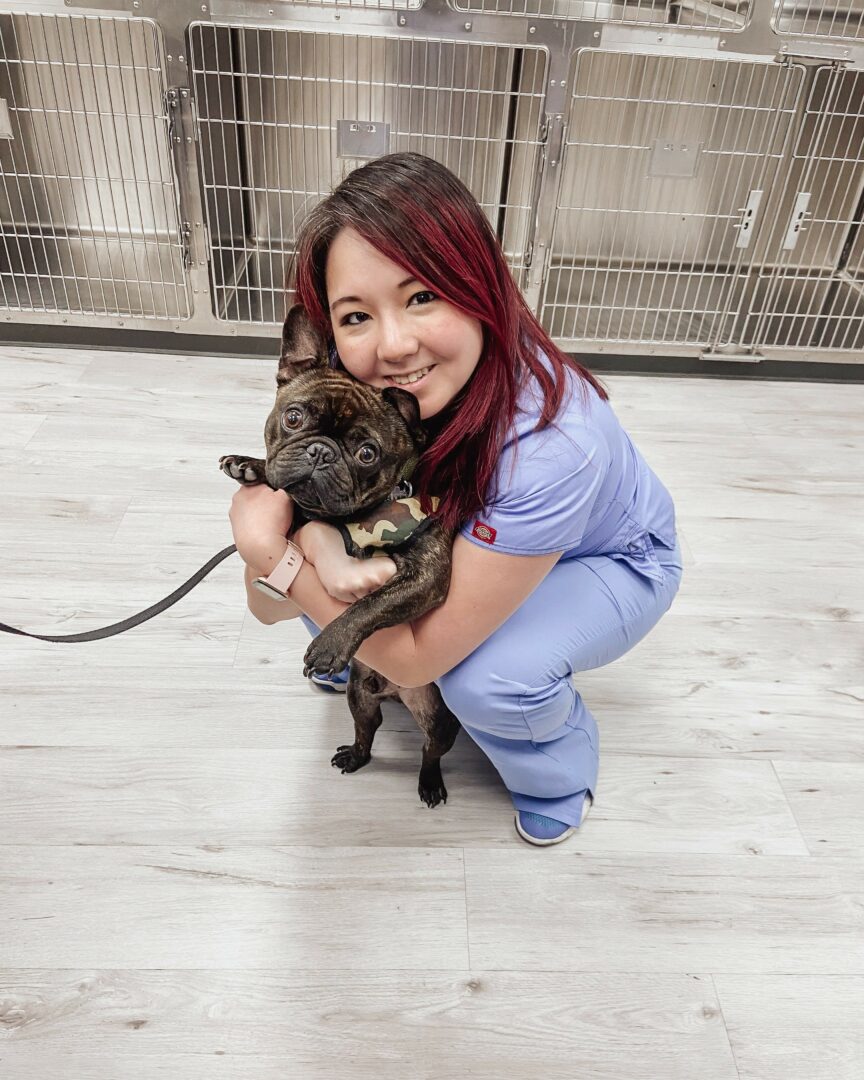
To close, maybe we can chat about your parents and what they did that was particularly impactful for you?
The most impactful thing my parents did for me is believe in me. They never pressured me to do anything in particular and allowed me to explore and participate in activities that interested me, which gave me a well-rounded childhood. When I was born, they had the forethought to set up a mutual fund for me to help pay for higher education expenses should I need it. Luckily, I received a mostly full scholarship for my undergraduate career at the University of Houston and received a fellowship to help during my MBA. Since I lived at home during this time, I was able to save money, and ended up using this fund for my Veterinary Medicine degree at Texas A&M University. Because of this, I had very little student debt upon graduating and was able to pay it off within a year or two.
Contact Info:
- Website: https://www.acoupleofvets.com
- Instagram: @acoupleofvets
- Facebook: @acoupleofvets
- Linkedin: @acoupleofvets
- Youtube: @acoupleofvets
- Other: Spotify: @acoupleofvets
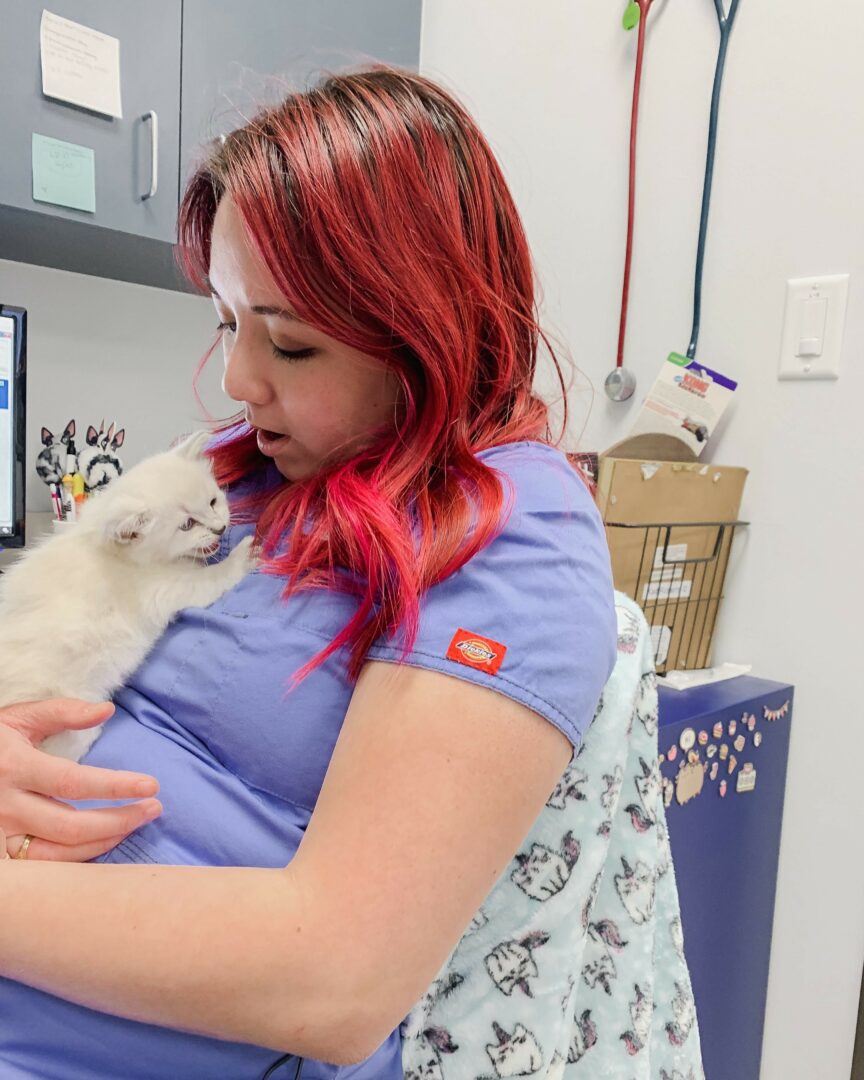
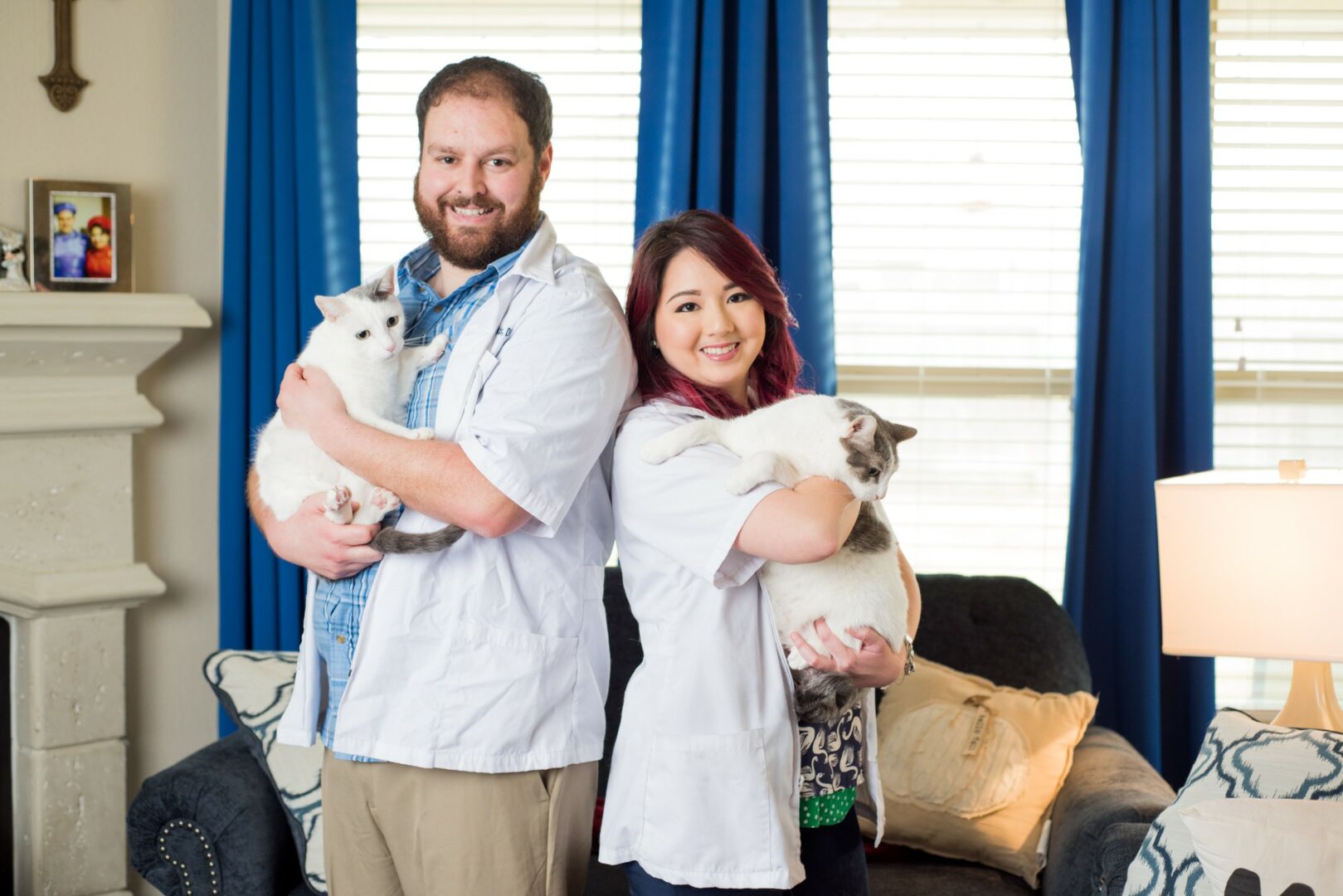
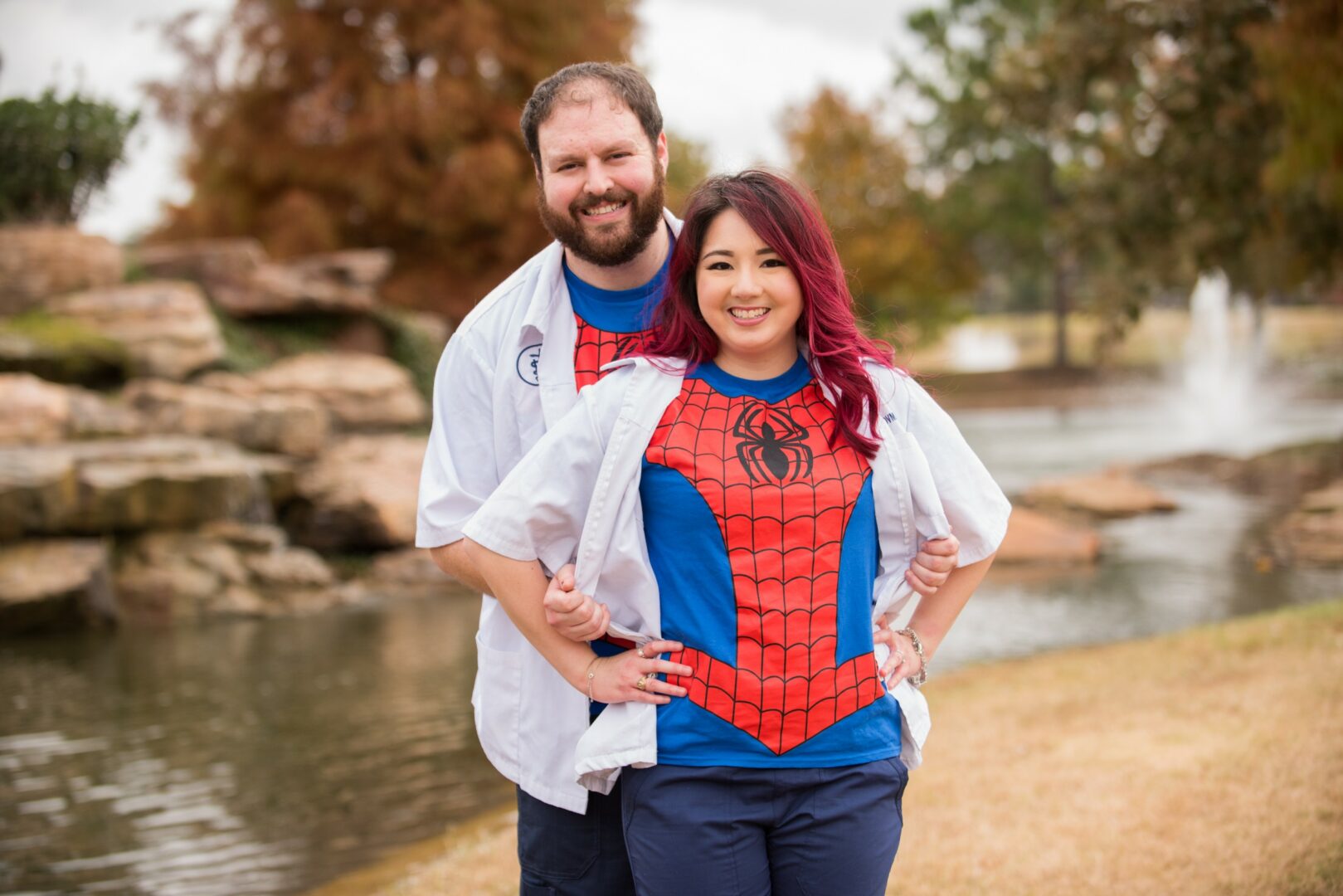
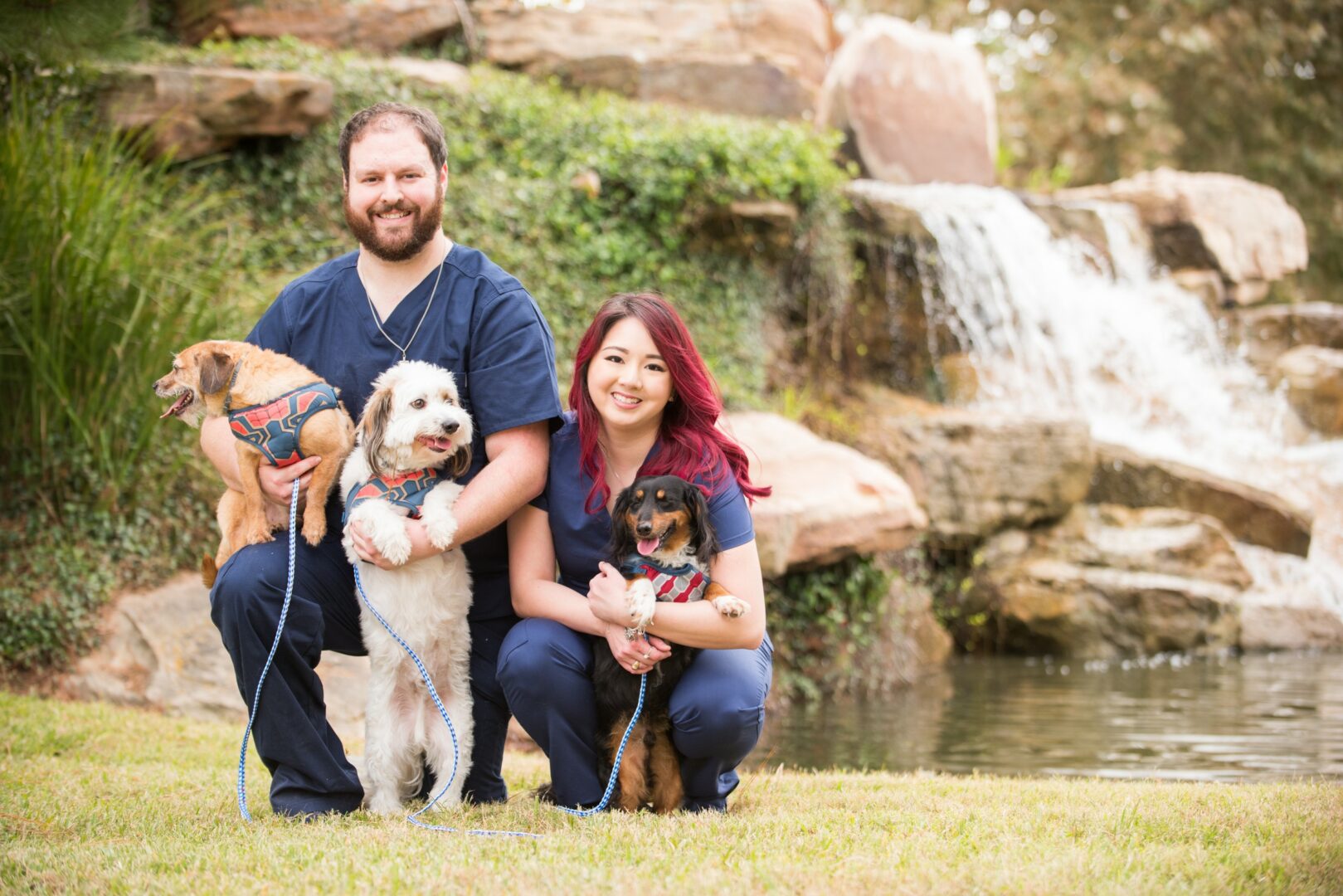
Image Credits
Audra Oden Photography
Paige Beitler Photography
so if you or someone you know deserves recognition please let us know here.

